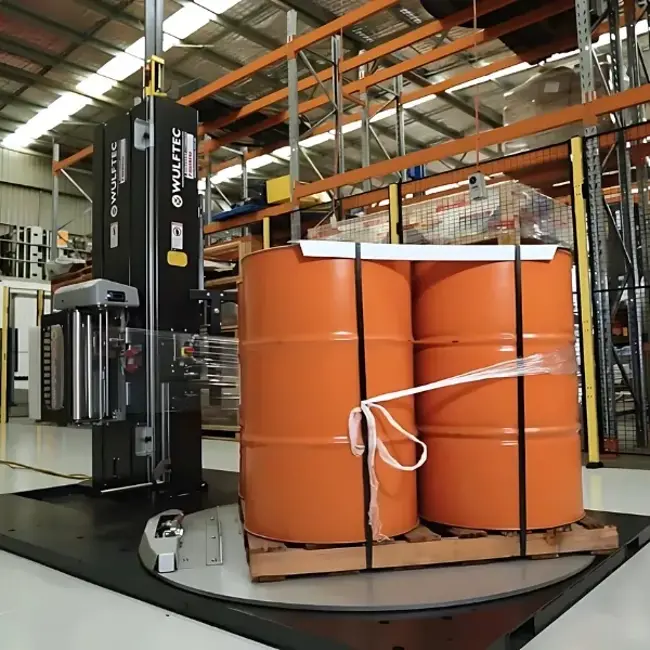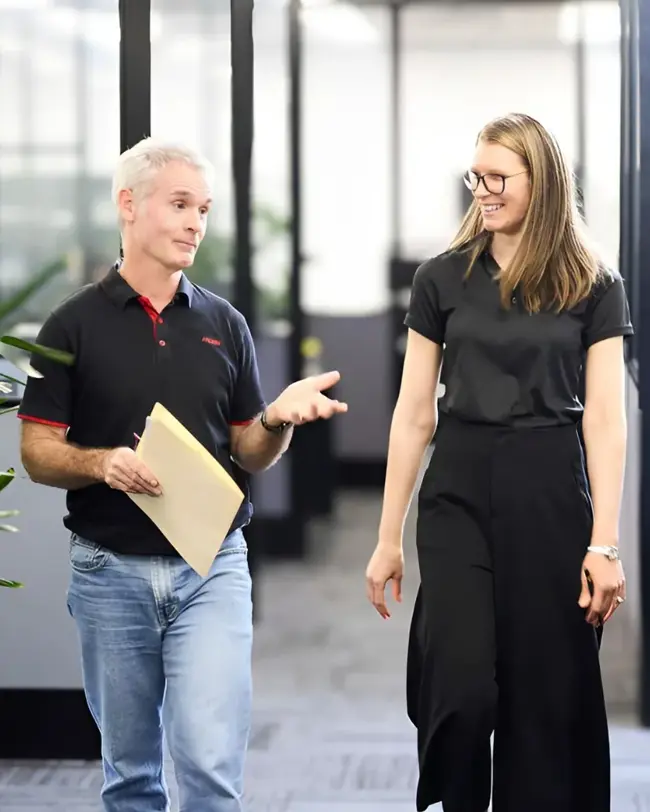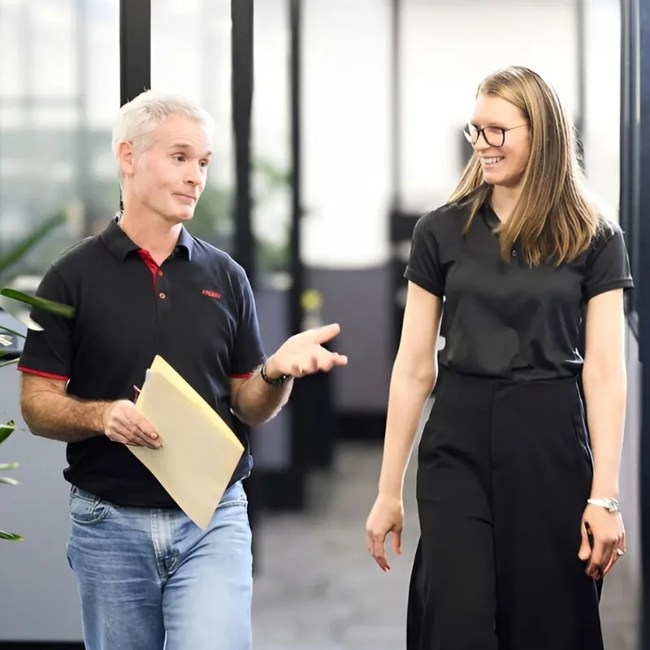
Market leading pallet wrapping machines
With over 45 years of experience, FROMM Packaging Australia is a trusted name in stretch wrapping solutions. Our semi-automatic machines include smart features like 200% pre-stretch technology; turning 1 metre of film into 3. This helps you get the most out of every roll, improving load stability and lowering your wrapping costs.
We also offer a range of add ons to suit your needs, including built in scales, label printers, ramps and special sensors for detecting hard to see surfaces.
Our toughest stand alone stretch wrapping machines come from our trusted partner Wulftec, These machines are designed to perform in demanding environment; from high-speed warehouses to outdoor operations. Known for their strength and reliability, Wulftec machines are made to handle heavy use and tough conditions.
They also feature user friendly controls that make operation simple and efficient, setting the standard for ease of use.
All FROMM and Wulftec machines are built to ISO standards and are designed with safety, reliability and durability in mind. Every machine comes with a two year warranty and is supported by our in-house team of expert service technicians.
Use our product finder to determine which Pallet Stretch wrapper is right for your business needs.











